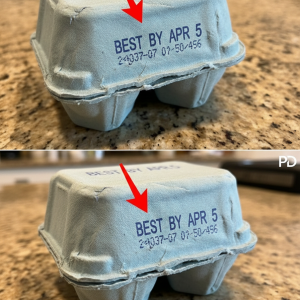I never imagined burying my own son, Richard, at thirty-eight while I was sixty-two. Rain streaked the cemetery, blurring sounds and shrouding mourners in silence. Across from me stood Amanda, my daughter-in-law, poised and practiced in black Chanel, her sympathy polished but distant.
After the burial, Richard’s attorney invited me to the will reading at the penthouse, arranged by Amanda, who seemed drawn to drama and performance. I understood Richard’s attachment—after losing my husband, I recognized the human desire to cling to fleeting happiness, even when motives were unclear.
The penthouse floated above Central Park like a glass vessel, its sharp angles and empty shelves a reflection of Amanda’s precision. Guests drifted in as if to a party, while she moved seamlessly through them, every gesture calculated. In contrast, my grief remained raw and uncontainable, highlighting the stark difference between her composed performance and the depth of loss I carried.





